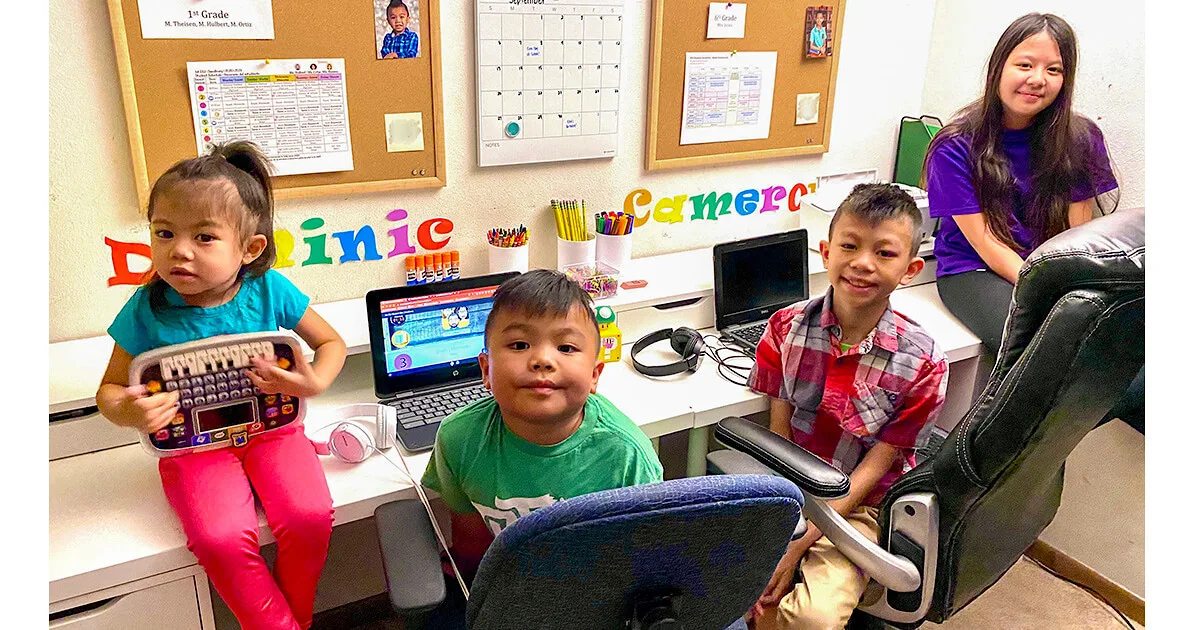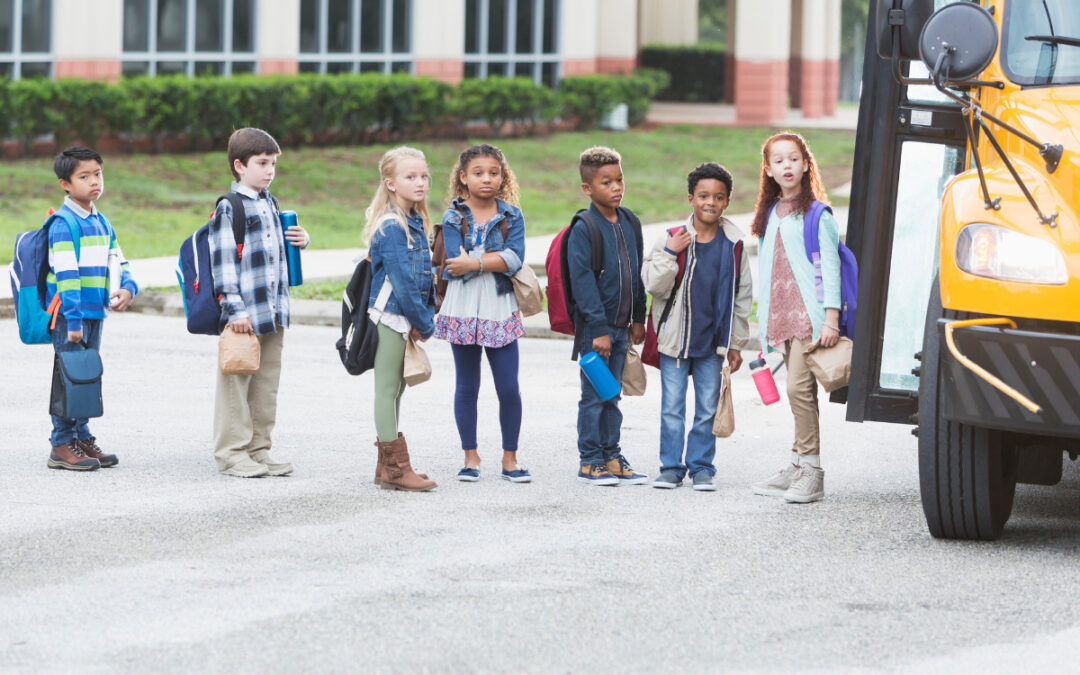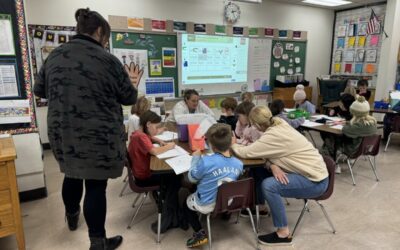
#image_title
Already-stretched budgets are breaking from new expenses, and now Republicans may rub salt in the wounds.
Even though Congress is expected to give final approval Monday to a new emergency relief bill, the absence of new assistance to state and local governments means Wisconsin school districts will find their already-challenging budgets brought to the breaking point.
School officials across Wisconsin say educators are doing everything they can to meet myriad challenges the ongoing coronavirus pandemic poses, but teaching both in-person and virtual classes and paying for other efforts to contain the virus in schools only worsens the budgetary pinch of the pandemic.
Districts statewide report racking up additional COVID-19-related costs for everything from hiring extra staff to replace those infected with the virus to extra laptops and broadband access to personal protection equipment.
The Menomonee Falls district in suburban Milwaukee has spent $750,000 this school year related to the pandemic, school board member Cathy Olig said. So far the district “has found ways to keep learning going,” she said during a Dec. 16 governor’s budget listening session about education. But continuing to do so will prove tough without extra dollars, she said.
“We’re looking for a sustainable funding model,” Olig said.
The need for money to help school districts offset rising costs in the midst of the pandemic was a common refrain among speakers during the education budget session, one of four listening sessions held virtually to garner input as part of the state budget process set to kick off next month when the Legislature is scheduled to reconvene. Educators said the pandemic has stretched their budgets in ways both predictable and unexpected.
Viroqua District Administrator Tom Burkhalter said his district has incurred about $1 million in added coronavirus-related costs to this year’s budget, with that money going to a range of expenditures, from added staffing costs to food. School budgets were already tight, he said, and without added state or federal money to offset rising funding needs, “things are going to get even more tough.”
Listening session speakers said the pandemic has exacerbated the gap between haves and have-nots. In Milwaukee, the economic impact of the pandemic has meant a significant increase in people seeking food, said Billie Burton who manages a Milwaukee-based food pantry. Burton called for added funding to food pantries, noting many of the familie seeking food at those sites have children.
“COVID has done some horrible things, and we need to make sure people are able to feed their children,” Burton said.
Educators expressed opposition to a wide-ranging proposal released Dec. 1 by Republican legislative leaders designed to address COVID-19. Several provisions would address education, including requiring that teachers be physically located in buildings when instructing students by Jan. 31 unless they have a doctor’s note, regardless of whether a surge of COVID-19 cases would make such instruction at that time dangerous. The state would withhold funding for districts that don’t comply.
The measure also calls for schools spending more than half of this school year conducting virtual instruction to pay $371 to each student’s parent if they provide virtual instruction.
In addition, the proposal would require a two-thirds vote by school boards to allow for virtual instruction. A board’s approval would last for 14 days, meaning it would have to approve such a measure again every two weeks to continue online learning.
“After working through ideas and discussions with Assembly GOP members, we have created a robust package to address the critical needs of our state,” Assembly Speaker Robin Vos (R-Rochester) said in a statement of the $100 million proposal that also calls for providing schools with $9 million to make sure students have computers at home.
However, the Republican proposals fall far short of what is needed and would do more harm than good, said Heather Dubois Bourenane, executive director of the Wisconsin Public Education Network.
Measures like forcing schools to pay a penalty for trying to keep students and staff safe by providing online instruction are simply punitive to prove a political point, she said, and come at a time when schools are desperate for more assistance, not less.
“This (proposal) is absolutely ridiculous,” she said. “It is so completely out of touch with how expensive this pandemic has been for schools. There are districts still struggling with broadband access, still struggling to get students devices. What has the state done to provide relief for any of this? Nothing. It’s absolutely frustrating.”
Educators said years of a lack of adequate funding for schools have already strained their ability to teach students. In addition to addressing COVID-19-related costs, low special education reimbursement, private voucher schools taking more resources from public schools, and the need for more mental health services must be priorities in the upcoming budget, they said.
Gov. Tony Evers expressed opposition to portions of the Republican proposal, including some related to education. During the budget listening session he praised the ideas offered by speakers but acknowledged a difficult budget session looms.
“We will continue to prioritize those things that will move our state forward,” he said.

Banned Book of the Month: ‘Shine’ by Madison’s Lauren Myracle
More than 10,000 books were banned across America last school year, and Wisconsin is one of the worst offenders. At least 450 titles have been...

The 10 cheapest colleges in Wisconsin
Looking for an affordable way to continue your higher education without breaking the bank? Check out the 10 cheapest colleges in Wisconsin to get...

Opinion: Dear legislative Republicans, we’ve already paid for education. Cut the check.
Former State Representative LaKeshia Myers urges lawmakers to provide equitable funding for public schools. Wisconsin's K-12 schools continue to...

Banned Book Reading List: 10 titles to read, or re-read, this spring
As Republicans continue to challenge the books on shelves at local libraries, neighborhood schools, and small booksellers, we asked three local...




